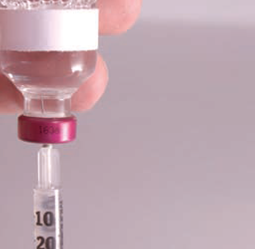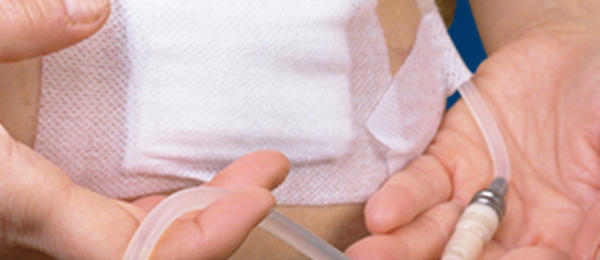Understanding your peritoneal dialysis (PD) medications
Guidelines for taking medications:

- All medications should be taken under the careful guidance of your doctor and nurse.
- This is especially important since your kidneys no longer work as they used to.
- Your doctor will prescribe the medications at the doses you need. Take your medications as prescribed.
- Never take an over-the-counter or prescription medication that you have not discussed with your doctor or your nurse.
Some common medications your doctor may prescribe include:
Phosphate binders
Phosphorus in your body comes from the food you eat. Healthy kidneys normally remove extra phosphorus from the body through the urine. When your kidneys no longer remove phosphorus, it remains in the blood. High levels of phosphorus in your blood can damage blood vessels and cause your bones to become brittle and weak. Phosphate binders bind to the phosphorus in the food in the intestines so that it can be eliminated in bowel movements.
Iron and erythropoietin
Iron is used to help make red blood cells. You may need to take extra iron to increase the amount of iron in your blood. You must take iron exactly as prescribed to get the full benefit of the medication. When your kidneys no longer make enough erythropoietin (EPO), your body does not make enough red blood cells. Lack of red blood cells leads to anemia, which makes you feel like you are tired and have less energy. EPO is a drug that will help you make more red blood cells and is given by injection. Your nurse will administer your EPO, or you will be trained to give yourself EPO at home.

Heparin
Heparin is an anticlotting drug, and it is used to help prevent clots from occurring and clogging your catheter. If your doctor prescribes heparin, your nurse will show you how to add heparin to your solution bag.
Antibiotics
Antibiotics fight infections. If at any time your healthcare team deems it necessary for you to take an antibiotic, you will receive a prescription for the antibiotic that is best for your particular type of infection. Sometimes antibiotics are put directly into your solution bag. Your nurse will instruct you on how to add antibiotics to the solution bag. If you are prescribed antibiotics, it is important to take them as directed until they are gone.
Add medications to the dialysis solution ONLY if your healthcare team has taught you how to do it:
If adding medications to your PD solution:
• Always wear a mask
• Wash your hands
• Check and clean the medication port
• Follow the procedure exactly as taught
Other pages you may be interested in!

Exit-site care
Find out how to take good care of your PD catheter and the exit site as it is the best way to lower the chance of skin infection or peritonitis.

Ordering supplies
Each month, an order for your supplies will be delivered to you. We provide tools and guidelines to make the process simple and to give you peace of mind.